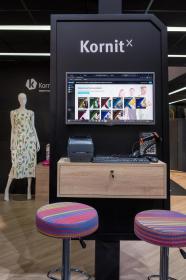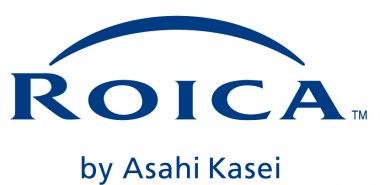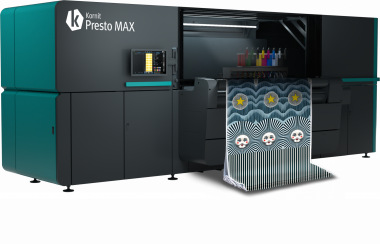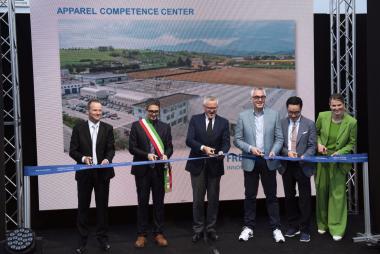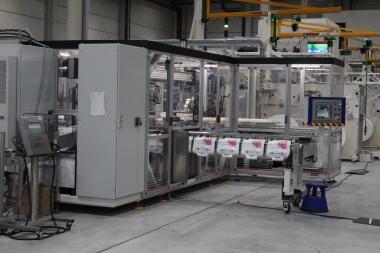Kornit Digital and Amaze Software: On-Demand Production and Fulfillment to Social Media Creators
Kornit Digital LTD. announced Amaze Software, Inc. – parent company of the Amaze, Spring, and Outfts platforms – has selected KornitX Workflow Solutions and Kornit MAX digital on- demand fabric and textile decoration technologies as the platform to deliver their vision. Combined with the Amaze Creator Commerce Platform, the companies will jointly bring the power of on- demand production and fulfillment to new and existing social media creators, enabling them to better monetize branded products.
Kornit’s Global Fulfillment Network helps companies like Amaze Software connect creators with high-quality garment and textile production fulfillers across the globe. The platform is backed by the KornitX workflow engine, seamlessly integrating across industry-proven Kornit MAX technology- based fabric and textile decoration systems for end-to-end production, visibility, and control.
The Spring platform offers an opportunity for fans to make purchases directly from where they consume the creator’s content (social platforms including Instagram, TikTok Shops, Twitch, and more). This allows creators to significantly enhance engagement and cultivate a more profound brand presence.
Kornit Digital


